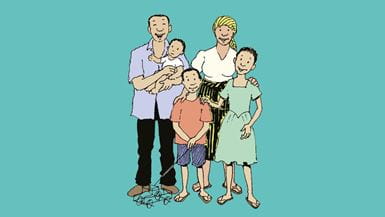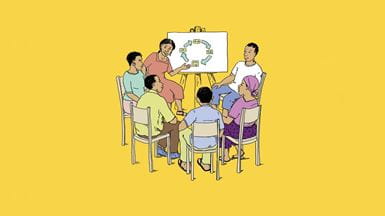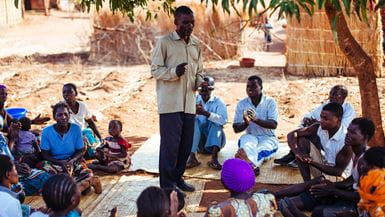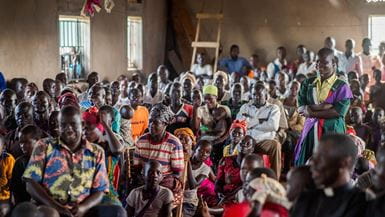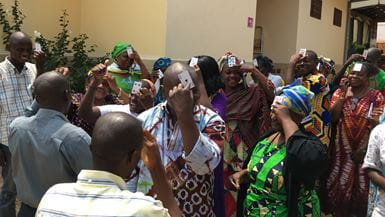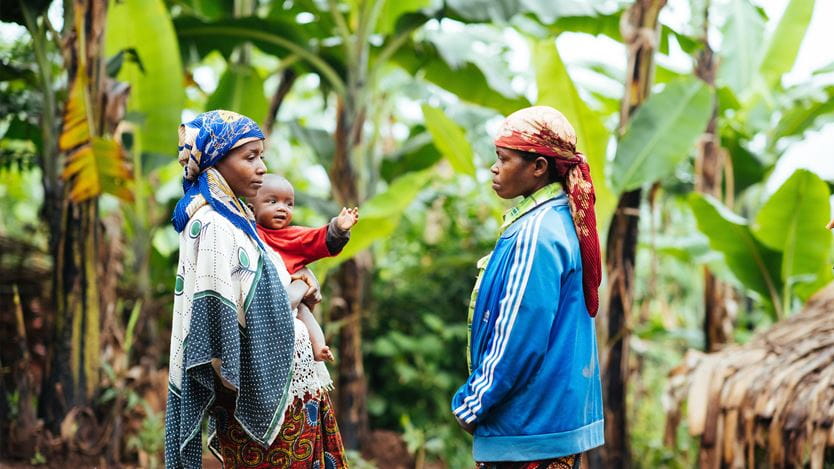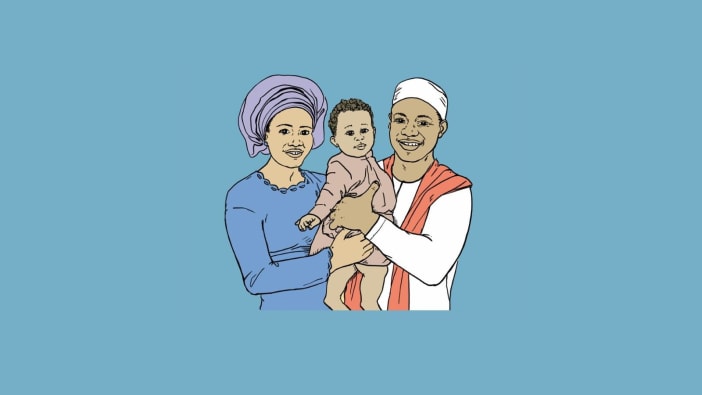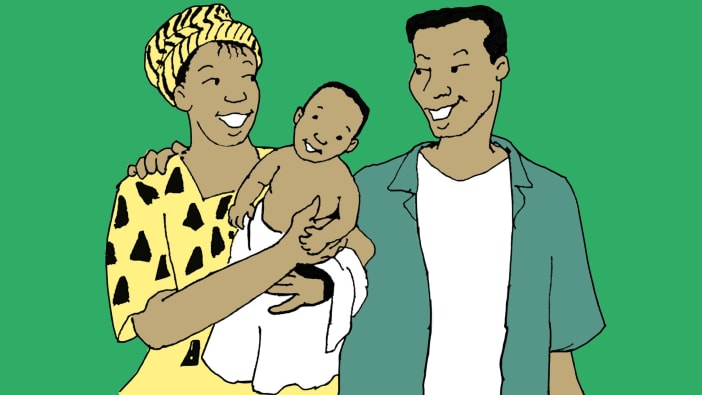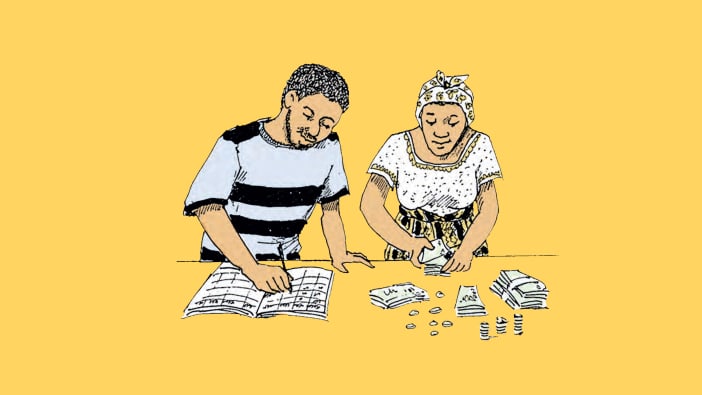Sexual and gender-based violence (SGBV) is a global pandemic which can affect men, women, boys and girls. It is however primarily perpetrated by men against women and girls. SGBV happens in every country around the world in different forms —none of which are acceptable. 1 in 3 women around the world experience some form of sexual and gender-based violence in their lifetime. The primary cause of violence against women and girls is gender inequality, where women and girls are valued less than men and boys.
Tearfund has been working with survivors of violence for over ten years, and in 2017 we worked with survivors to produce a research report called “Are we listening to survivors?”. It helped us to understand their unique experiences and the best ways to support them.
These women and girls felt frustrated by the responsibility to end sexual and gender-based violence being placed on them. They told us that men and boys must be part of the solution and take responsibility for their actions. They wanted faith leaders to become allies who will support from the pulpit and with visible action, to shift stigmatisation and enable them to heal within their faith community.
Together with survivors, Tearfund has developed the Transforming Masculinities approach. Transforming Masculinities is a community level, participatory, inclusive, reflective process which engages men and boys alongside women and girls. Its goal is to end sexual and gender-based violence by shifting the harmful social and gender norms which uphold violence against women and girls. It aims to create new positive norms that encourage equality. Social norms are the unwritten rules of what people expect others to do in their communities, or what people think others are doing, whether or not they actually are.
Transforming Masculinities work with faith communities as the primary agents of positive change. These communities can play a big part in addressing sexual and gender based violence but are often overlooked or sidelined.
All of us may have played a role in perpetuating and observing violence. We all need to be transformed, and in faith communities this starts with faith leaders: those with considerable influence who shape existing social norms.
Faith leaders are fully trained in the approach, and are supported through their own journey of transformation. In turn, they speak out in their communities, sharing positive messages in sermons and modelling positive ways of being a man or a woman which value men and women equally. These faith leaders also select one man and one woman in their community to become ‘Gender Champions’, who are trained the same way. They then facilitate small, participatory discussion groups in their communities, called ‘Community Dialogues’.
Community Dialogues are transformative spaces where men and women can reflect on their communities, families and, most importantly, their own beliefs, attitudes and behaviours. Each dialogue runs for six weeks, with one session for two hours each week. The first five weeks are single sex, and the final week brings women and men together to envision their community free from violence and abuse.
Community Dialogue participants often want to share their stories of change, telling others about how their families are stronger, how violence is stopping, and how women and men are thriving together. These members are supported by the Gender Champions and faith leaders to share their stories and messages in the wider communities. They share testimonies at church, over meals, even at sports events. Through sharing, more people can choose to adopt behaviours and attitudes which support equality - leading to a community level change in norms and behaviours.
Some contexts have specific issues or forms of sexual and gender-based violence that need more in-depth discussion. When communities identify specific needs, the approach can be adapted to address the issue raised by the community. For example, in Mali and Chad there are very high rates of female genital mutilation or cutting. To help end this, Tearfund, its partners and survivors adapted the content to include a focus on this issue in the training, as well as in the Community Dialogues.
In other contexts, family planning decision making has been the focus, as well as women’s economic empowerment and girls’ education. Tearfund recognises that although everyone is affected by sexual and gender based violence, it is women and girls who are affected the most. Overwhelmingly it is men who are perpetrating violence against women and girls, and it is essential for men to be transformed in order to be a part of the solution.
The Transforming Masculinities programme has been proven to reduce rates of violence and enable communities of women and men to flourish equally and together. There is a solution, and each one of us must be part of it.



